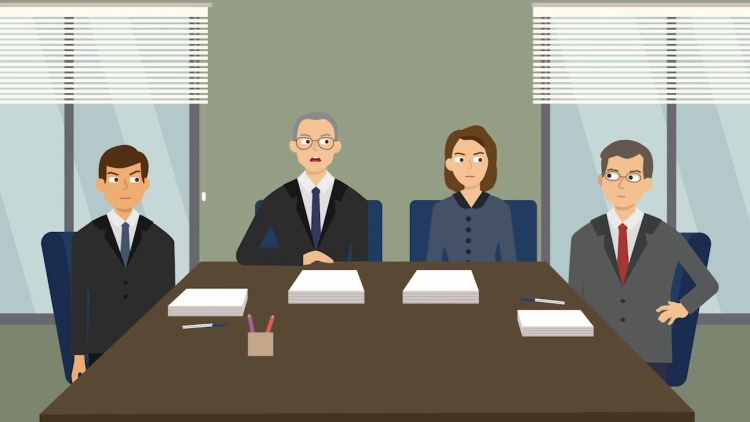Summit Properties, Inc. v. New Technology Electrical Contractors, Inc.
United States District Court for the District of Oregon
2004 WL 1490327 (2004)
- Written by Katherine Li, JD
Facts
Coleman was the original owner of New Technology Electrical Contractors, Inc. (New Tech) (defendant) and remained president of New Tech after he sold the company to Integrated Electrical Services (IES) (defendant). New Tech decided to move to a new property. The property was owned by Milestone, another corporation of Coleman's. The lease was signed by New Tech’s vice president of finance, Crouser, on behalf of New Tech, and Coleman, on behalf of Milestone. Shortly after, Summit Properties, Inc. (Summit) (plaintiff) intended to buy the property. Before purchasing, Summit questioned the identity of the tenant and its relationship to IES. IES’s senior counsel responded that New Tech was IES’s wholly owned subsidiary. Summit knew that IES was not the guarantor of the lease. New Tech moved to the property. IES’s chief operating officer (COO), Stalvey, attended a party there, and IES announced New Tech’s move in its newsletter. Signs identifying IES and New Tech were displayed near the property. Both New Tech and IES employees used the property for about two years. After its move, New Tech’s financial situation turned bad. IES fired Coleman. The COO received a copy of the lease in August 2002, but IES’s investigators reviewed the lease in 2003, concluding that the lease had not been entered under proper corporate authority. New Tech and IES served Summit with a complaint in Texas state court, alleging that Coleman and Crouser’s misconduct made the lease void. Summit then commenced this action against New Tech and IES in the district court. The parties disputed the validity of the lease.
Rule of Law
Issue
Holding and Reasoning (Stewart, J.)
What to do next…
Here's why 899,000 law students have relied on our case briefs:
- Written by law professors and practitioners, not other law students. 47,000 briefs, keyed to 994 casebooks. Top-notch customer support.
- The right amount of information, includes the facts, issues, rule of law, holding and reasoning, and any concurrences and dissents.
- Access in your classes, works on your mobile and tablet. Massive library of related video lessons and high quality multiple-choice questions.
- Easy to use, uniform format for every case brief. Written in plain English, not in legalese. Our briefs summarize and simplify; they don’t just repeat the court’s language.





